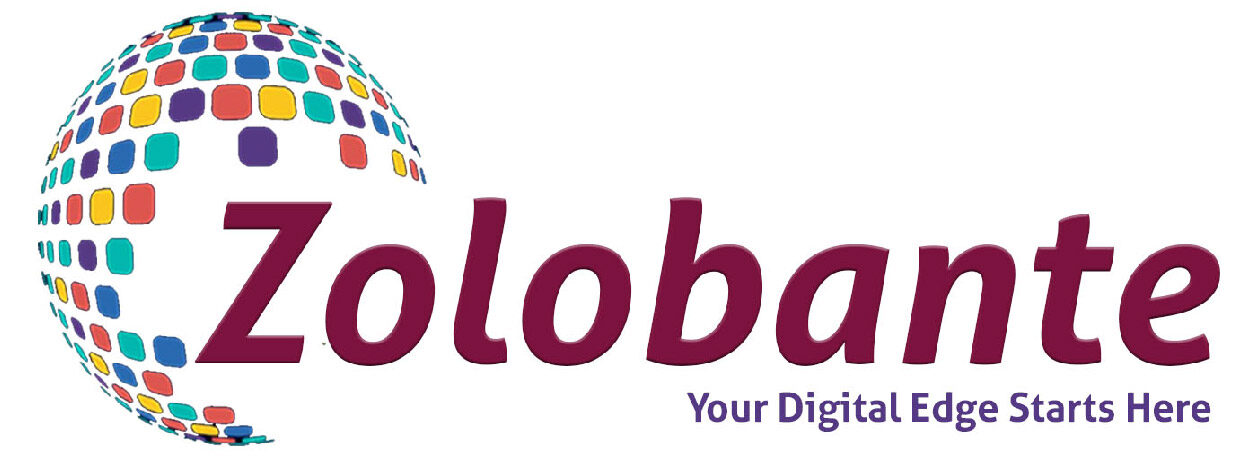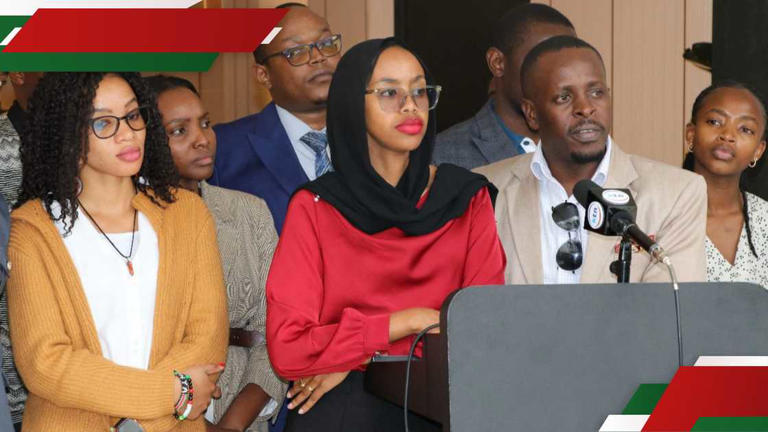Education is a powerful tool that shapes the minds of individuals and the identity of nations. In Africa, the introduction of Western schooling during and after the colonial era brought with it a wave of cultural changes—some progressive, others controversial. As modern African societies continue to grow, the influence of Western-style education on traditional African culture remains a subject of deep interest and debate.
The Arrival of Western Schooling in Africa
Western education was introduced to Africa primarily through European colonial powers and Christian missionaries in the 19th and early 20th centuries. These systems replaced or diminished indigenous African education models, which were traditionally informal, community-based, and deeply rooted in oral tradition, apprenticeship, and cultural values.
Western schooling focused on literacy, numeracy, science, and Christianity—often teaching in foreign languages like English, French, or Portuguese. This shift aimed to produce a class of educated Africans who could assist colonial administration but often led to a disconnection from African heritage.
Positive Influences of Western Schooling on African Culture
1. Literacy and Modern Knowledge
Western education increased literacy levels across the continent and opened access to global knowledge, science, and technology.
It enabled Africans to participate in international politics, business, and innovation.
2. Empowerment and Social Mobility
Education became a key path to success. It provided opportunities for social mobility, better jobs, and leadership roles.
Many African freedom fighters and intellectuals were educated in Western schools and used that knowledge to fight for independence and civil rights.
3. Women’s Education
Western schooling contributed to the education of girls and women, challenging long-standing gender roles and empowering women to take up leadership and professional roles.
4. Cross-Cultural Integration
Exposure to different worldviews through Western education helped foster intercultural understanding and global cooperation.
Negative Impacts on African Culture
1. Erosion of Indigenous Knowledge and Values
Traditional African knowledge systems, languages, and customs were often considered inferior or irrelevant in Western classrooms.
Young Africans were taught to value Western culture over their own, leading to a loss of cultural identity in some communities.
2. Language Displacement
Western schooling prioritized European languages, leading to the decline of many African indigenous languages.
Children often grow up fluent in English or French but unable to speak their native tongue, weakening cultural transmission.
3. Religious and Cultural Conflict
Christian-based schooling sometimes dismissed African spiritual beliefs as pagan or backward, contributing to cultural and religious tensions.
4. Imitation of Western Lifestyle
Western education encouraged values of individualism and materialism, which contrast with traditional African values of community, respect for elders, and simplicity.
African youth often adopt Western fashion, music, and behavior, sometimes abandoning cultural practices seen as “old-fashioned.”
Striking a Balance: The Way Forward

To protect African culture while embracing the benefits of education, a balanced approach is essential:
Incorporate Indigenous Knowledge: Schools can include African history, languages, folklore, and cultural practices in the curriculum.
Promote Multilingual Education: Encouraging students to learn both indigenous and international languages helps preserve culture while promoting global communication.
Value Cultural Identity: Teaching students to be proud of their roots while being open to the world can create a healthy cultural balance.
Afrocentric Education Models: African scholars and governments are increasingly promoting education systems that reflect African realities, priorities, and values.
Conclusion
Western schooling has profoundly influenced African culture, both positively and negatively. It has opened doors to advancement and development but also contributed to the erosion of indigenous heritage. The true power of education lies in its ability to integrate the best of both worlds, preserving Africa’s rich traditions while embracing the tools necessary for global relevance. The future of African education must not be about choosing between tradition and modernity, but about blending them to create something uniquely African and globally impactful.




